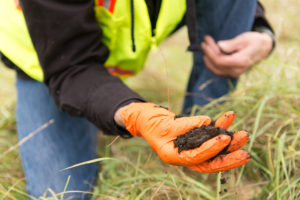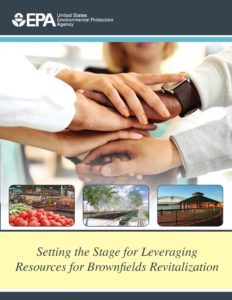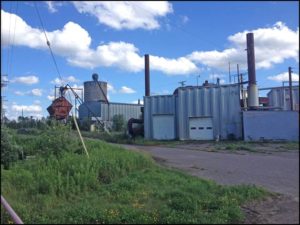Since 1998, Wisconsin has invested $121.4 million in the remediation of 703 contaminated properties, according to a recent UW-Whitewater study. The study says this investment leveraged tens of millions of dollars in local and federal incentives, and recouped nearly $1.8 billion from enhanced economic activity. This is a 14-fold return on investment, on top of the public health and environmental benefits generated by these cleanup projects.
The 703 projects that received state assistance are a small, but important, portion of the 15,000-plus state properties that have been cleaned up and put back into productive use over the past 20 years. These brownfield properties were once some of the toughest projects to tackle. They were dilapidated, destitute and, often, significantly contaminated. These properties needed a public push to get going.

The UW-Whitewater study, prepared by the University’s Fiscal and Economic Research Center for the Brownfields Study Group and the Wisconsin Economic Development Institute, calculates that local governments in Wisconsin gain $88.5 million annually from redeveloped brownfields.
The report shows that $1.00 of state funding for brownfields projects leverages $27.25 in total economic growth funding. In other words, $121.4 million from the state has generated $3.3 billion in direct total investment. The report also identified 29,883 direct new and retained permanent jobs related to completed projects in the 703 studied, and says another 9,107 jobs are planned at projects still underway.



 An
An 